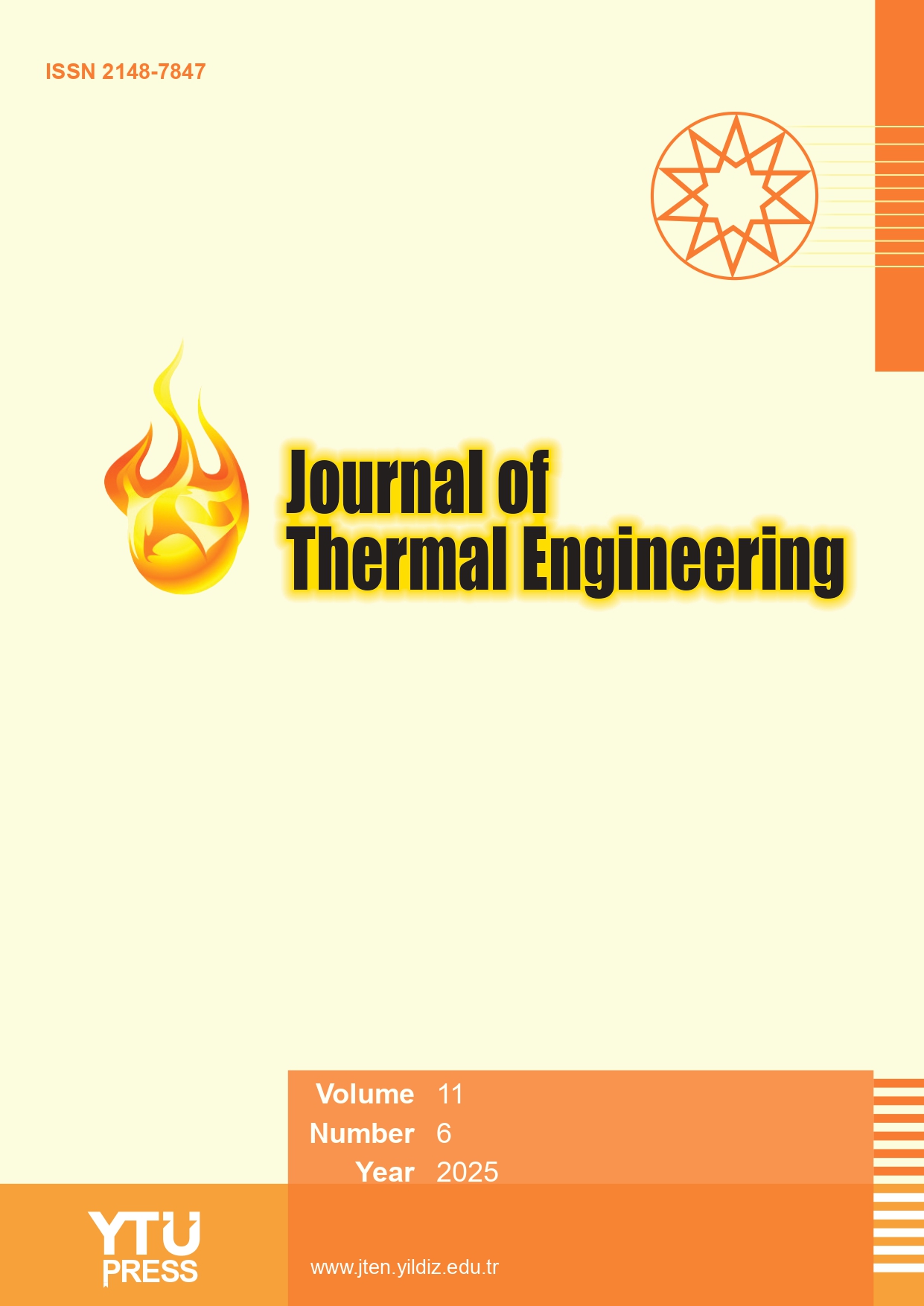Abstract
Excessive energy use has caused a disturbance in the planet’s life support system. It has created an adverse impact on water and natural resources. Power generation from solid waste can be an alternative to reduce waste volume and has an extra advantage in cleaning the surround-ing with the gain of electric power supply. Innovative technologies and future perspectives of MSWI were highlighted. Moreover, the latest understanding of immobilization mecha-nisms and advanced characterization technologies were elaborated to foster the future design of treatment technologies and the actualization of sustainable management for MSWI. Solid waste to energy conversion provides economic and atmospheric benefits by introducing re-newableenergy sources at minimum environmental influences.This analysis has focused on MSW to energy conversion system by incineration technique to generate electricity along with other bi-product and determines the system’s financial feasibility. The experiment has been conducted to calculate the physio-chemical characteristics of municipal waste with a bomb calorimeter and incinerator for electricity generation. Solid waste characteristics like chemical exergy, entropy, higher heating point, energy flux, and potential have been analyzed for the in-cineration technique’s viability.The thermal properties have been analytically described in the experiment. The result shows that MSW has a higher calorific value of 8.5-12.5 Mega Joule/kg, and charcoal has a higher calorific value of 27-32 Megajoule/kg.It also analyses that one-ton MSW can produce 600 kWh electricity with 360 gm CO2-eq/kWh generation.



















